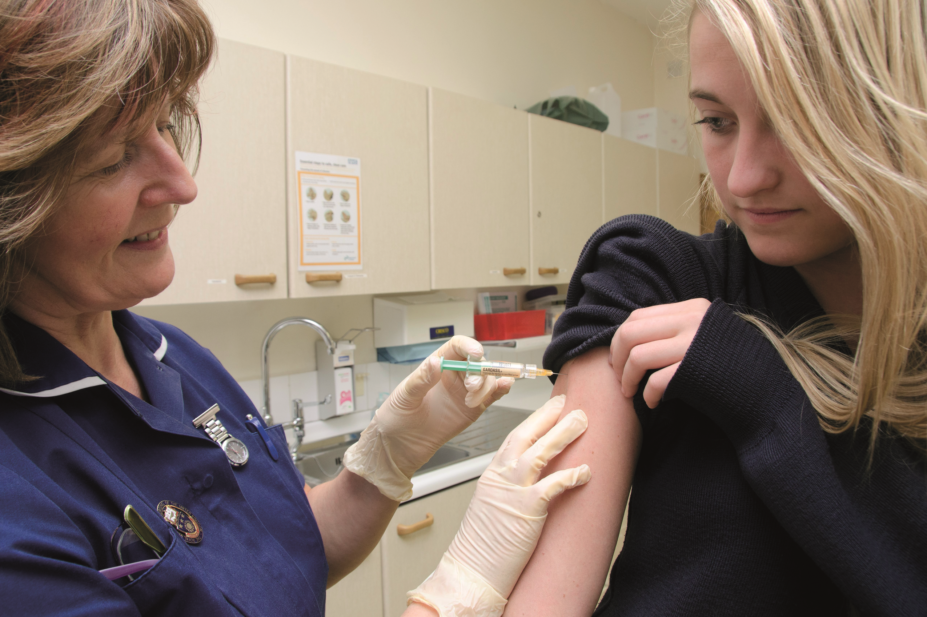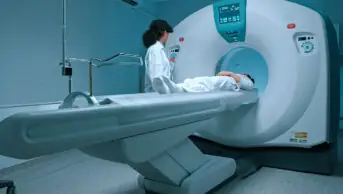
Dr P Marazzi / Science Photo Library
There is strong evidence that vaccination against human papillomavirus (HPV) between the ages of 15 and 26 years protects against cervical pre-cancer in young women, concluded the authors of a recent Cochrane review (9 May 2018)[1]
.
The team looked at 26 trials involving a total of 73,428 participants who received monovalent, bivalent or quadrivalent vaccination and were followed up for between 1.3 and 8.0 years.
They found high-certainty evidence that for participants who tested negative for high-risk HPV types before vaccination, the relative risk of cervical pre-cancer was virtually eliminated when vaccination occurred between 15 and 26 years.
There was no increased risk of serious adverse events but there was uncertain evidence that HPV vaccination is related to adverse pregnancy outcomes, such as congenital abnormalities and stillbirths.
“Long-term follow-up is needed to monitor the impact [of HPV vaccination] on cervical cancer, occurrence of rare harms and pregnancy outcomes,” the team concluded.
References
[1] Arbyn M, Xu L, Simoens C et al. Prophylactic vaccination against human papillomaviruses to prevent cervical cancer and its precursors. Cochr Data Sys Rev 2018;5. doi: 10.1002/14651858.CD009069.pub3


